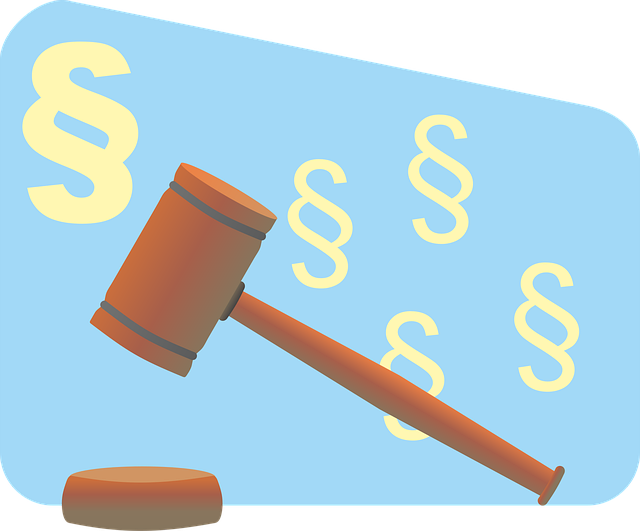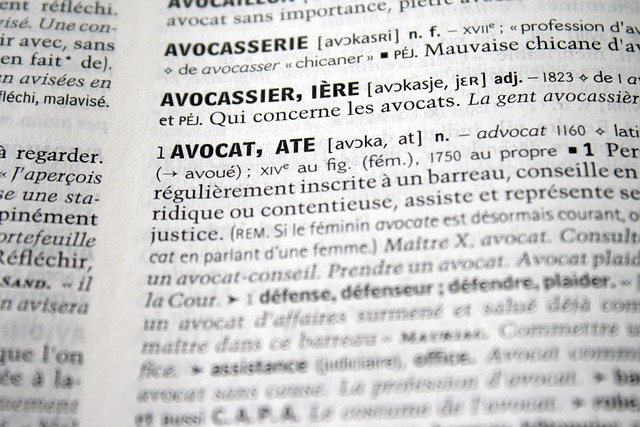Securities scams target financial aspirations with schemes like pump-and-dump and advance fee scams. To avoid these, investors should remain vigilant, research thoroughly, consult regulated advisors, and beware of too-good-to-be-true offers. Understanding the Real Estate Litigation Process Explained can help identify property scams. Legal recourse is crucial; seeking independent advice and reporting suspicious activity prevents fraud and ensures justice. The Real Estate Litigation Process Explained guides filing complaints and presenting evidence, while insights on common scams and regulatory changes promote proactive market navigation.
In the ever-evolving financial landscape, understanding common securities scams is crucial for investors. This comprehensive guide aims to demystify various fraudulent practices, focusing on real estate investments. We’ll explore the most prevalent types of scams, equip you with tools to identify red flags, and outline legal recourse options. By shedding light on these strategies, we empower individuals to navigate investments wisely, avoiding pitfalls that often lead to costly Real Estate Litigation Processes.
- Common Types of Securities Scams
- Uncovering Red Flags in Investments
- Legal Recourse and Prevention Strategies
Common Types of Securities Scams
In the realm of investments, securities scams are a persistent and insidious threat to unsuspecting investors. These fraudulent schemes often prey on people’s aspirations for financial gain and security. Common types include pump-and-dump schemes where stock prices are artificially inflated through false promotions, followed by a rapid sale by scam artists, leaving investors with worthless shares. Another popular tactic is the advance fee scam, where fraudsters promise significant returns in exchange for upfront payments, never delivering on their promises. Real Estate Litigation Process Explained can often intersect here, as property-related scams may involve fraudulent sales or investments in non-existent assets.
Achieving extraordinary results from these investments is a red flag itself. Philanthropic and political communities are sometimes exploited to lend legitimacy to these scams. Scammers may use the allure of exclusive opportunities to target high-net-worth individuals, leveraging their respective business connections to create a false sense of security. It’s crucial for investors to remain vigilant, conduct thorough research, and consult with regulated financial advisors to navigate these treacherous waters, ensuring they’re not caught in a net of deceit.
Uncovering Red Flags in Investments
Uncovering red flags in investments is a crucial step in avoiding securities scams. As you explore potential opportunities, be vigilant for signs that something may not be quite right. Untrustworthy brokers or investment schemes often rely on subtle yet critical nuances to lure unsuspecting investors. For instance, if an opportunity seems too good to be true, it probably is. Be wary of high-pressure sales tactics, promises of guaranteed returns, or investments that lack transparency in their strategies and financial records.
The real estate litigation process, though distinct from securities, shares some parallels. Just as investigators delve into complex corporate and individual client matters, scrutinizing investment schemes requires a meticulous approach. Those behind scams may employ an unprecedented track record of success to mislead investors, but a thorough investigation across all stages of the investigative and enforcement process can expose their fraudulent activities. Stay informed, seek independent advice, and don’t hesitate to report any suspicious activity.
Legal Recourse and Prevention Strategies
When it comes to securities scams, understanding legal recourse is paramount. The Real Estate Litigation Process Explained offers a roadmap for victims seeking justice. It begins with filing a complaint, detailing the fraudulent activities, and presenting evidence. This initial step is crucial in initiating the legal process and can significantly impact the outcome. Through diligent investigation, lawyers uncover intricate details, helping clients build a compelling case to win challenging challenging defense verdicts.
Prevention is equally vital. For both corporate and individual clients, staying informed about common scams is key. Avoiding indictment starts with vigilance—recognizing signs of manipulation and heeding warnings. Regular updates on regulatory changes and industry trends empower individuals and businesses to make informed decisions, thereby minimizing the risk of becoming victims. By combining proactive measures with robust legal strategies, it’s possible to navigate complex markets securely, ensuring peace of mind for all involved.
Understanding common securities scams, learning to identify red flags, and knowing your legal options are essential steps in protecting yourself from financial harm. By staying vigilant and proactive, you can navigate the complex world of investments with greater confidence. Remember, if an opportunity seems too good to be true, it likely is. Always seek professional advice when needed and keep informed about potential scams through resources like Real Estate Litigation Process Explained to ensure a safer financial future.






